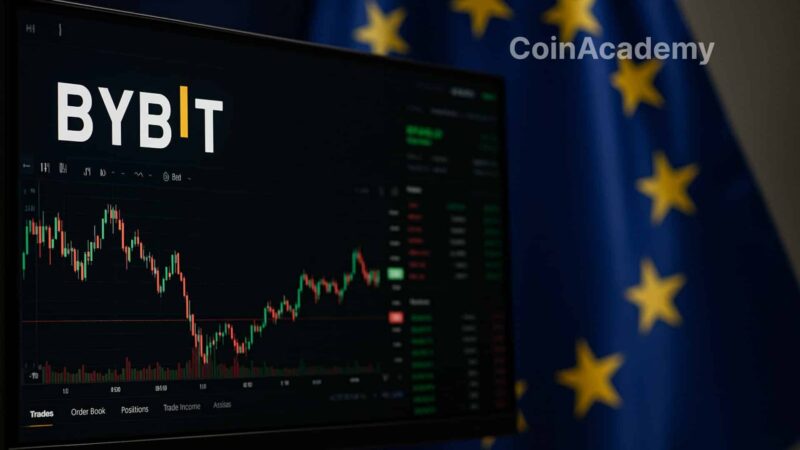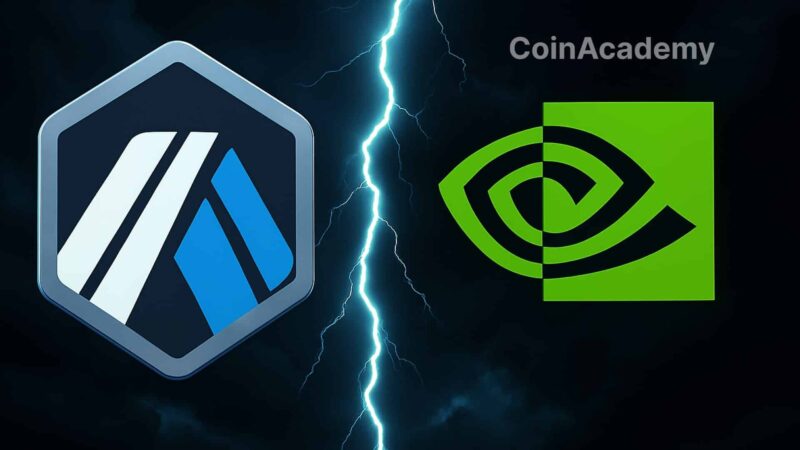MetaMask Introduces Pooled Staking Functionality
MetaMask, the leading Ethereum wallet, has introduced a new feature called ‘pooled staking’. This feature allows users to participate in securing the Ethereum network in a more cost-effective manner than operating a full validator node. With Pooled Staking, MetaMask users now have a simple way to stake ETH in enterprise-level validators while retaining full control of their ETH, earning rewards, and making Ethereum more secure.
‘With Pooled Staking, MetaMask users now have a simple way to stake ETH in enterprise-level validators while retaining full control of their ETH, earning rewards, and making Ethereum more secure,’ said Matthieu Saint Olive, Senior Product Manager at Consensys.
Facilitating Access to Ethereum Staking
Staking, which involves locking tokens on the blockchain in exchange for rewards, typically requires linking 32 ETH with the network, representing an investment of over $100,000 at current market prices. ‘Pooled staking’ services provided by Lido, Rocket Pool, and now MetaMask allow pooling of assets from multiple individuals, making staking accessible even to those who do not have the required 32 ETH.
Advantages and Limitations of MetaMask’s New Feature
According to Matthieu Saint Olive, Senior Product Manager at Consensys, developer of MetaMask, this feature will offer MetaMask users a simple way to stake ETH in enterprise-level validators while retaining full control of their ETH, earning rewards, and contributing to Ethereum’s security.
Comparison with Other Staking Platforms
Unlike its competitors such as Lido and Rocket Pool, MetaMask does not plan to provide its own liquid staking tokens (LST) as part of its pooled staking service. LSTs, like Lido’s stETH, are popular assets in crypto trading as they can be borrowed, lent, or reinvested in decentralized finance protocols. The absence of this feature may limit the appeal of MetaMask’s new offering compared to established liquid staking platforms on Ethereum.
According to Consensys, the staking feature will not be available in the United States or the United Kingdom. However, the company expresses its intention to extend this offering to these markets in the future.




